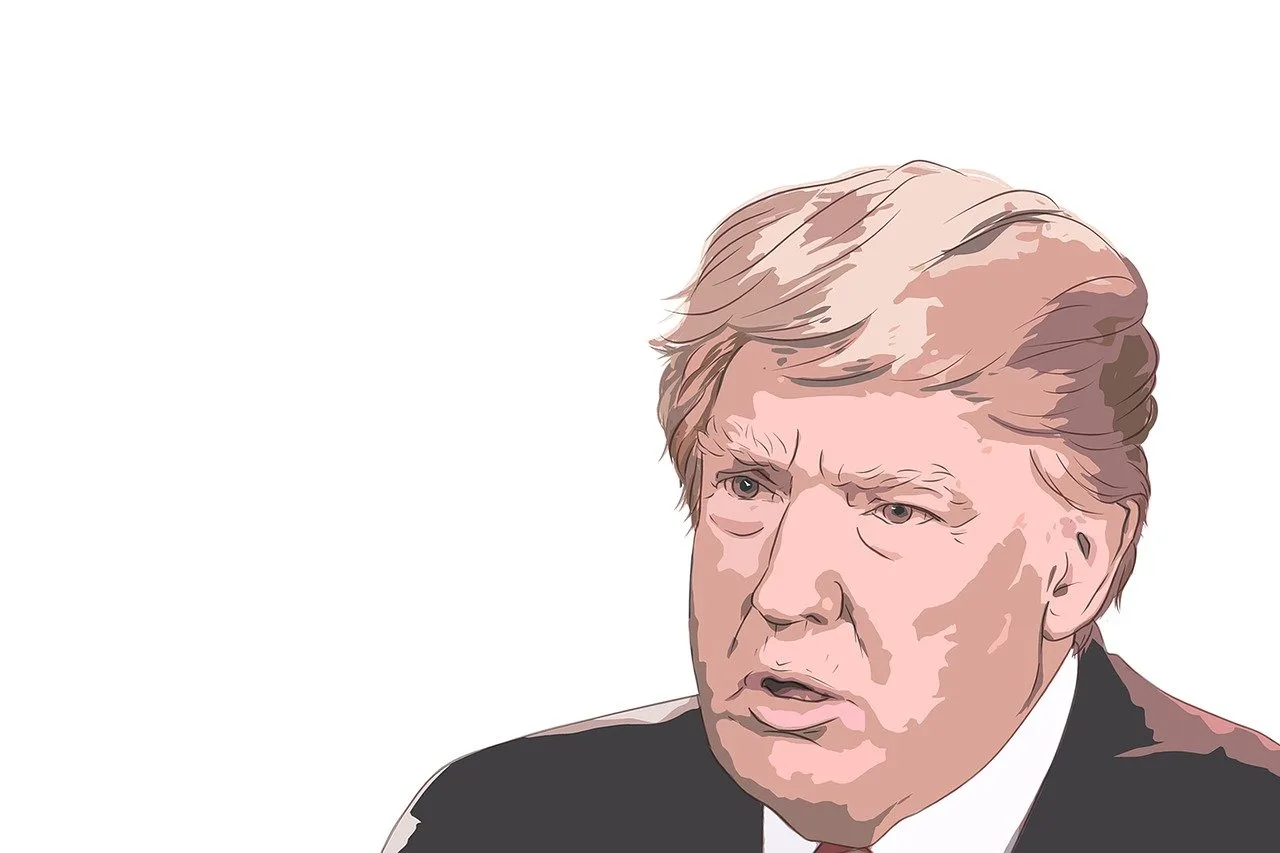A judge in New York has ruled against former President Donald Trump, ordering him to pay a penalty of $355 million for his involvement in a scheme to deceive banks and others with inflated financial statements. Trump, who denies any wrongdoing, has called the case a political vendetta by New York Attorney-General Letitia James, a Democrat.
The ruling, delivered by Judge Arthur Engoron after a 2½-month trial, also barred Trump from serving as an officer or director of any New York corporation for three years. Despite this, the judge decided against dissolving Trump’s companies as previously considered.
Trump’s lawyer, Alina Habba, criticized the verdict as “manifest injustice” and blamed it on a politically motivated witch hunt. Judge Engoron, however, characterized Trump’s lack of contrition as concerning and emphasized the importance of holding him accountable.
The case, brought forward by Attorney General Letitia James, alleges that Trump engaged in years of deceptive practices to inflate his wealth, which aided him in securing better loan terms and completing projects. The lawsuit claims that Trump exaggerated his wealth by billions of dollars, leading to financial benefits for him.
Before the trial began, Judge Engoron ruled that Trump’s financial statements were fraudulent. Among other discrepancies, Trump’s statements falsely claimed the size of his properties and overvalued assets like his Mar-a-Lago estate.
Throughout the trial, Trump maintained his innocence, insisting that his financial statements accurately reflected his net worth and that banks were satisfied with his business. He criticized the judge and the attorney general, calling the case a fraud.
Trump’s legal team argued that outside accountants should have caught any discrepancies in the financial statements and that some allegations were barred by the statute of limitations.
This ruling adds to Trump’s legal troubles, including indictments related to attempts to overturn the 2020 election results and accusations of tax fraud. While criminal accusations haven’t significantly affected his presidential ambitions, civil litigation threatens his financial stability.
Attorney General Letitia James began scrutinizing Trump’s business practices in 2019, prompted by testimony from Trump’s former lawyer, Michael Cohen. This lawsuit follows previous legal action against Trump for misusing his charitable foundation.
Despite stepping away from formal leadership roles in the Trump Organization, Trump’s involvement in decision-making remains apparent. Judge Engoron has appointed a monitor to oversee the company’s operations.
Is Donald Trump financially capable of affording a $354 million penalty?
Donald Trump’s recent legal woes, including a $355 million penalty imposed by a New York judge, raise questions about his ability to afford such hefty fines. With varying estimates of his net worth, ranging from $2 billion to $2.6 billion according to Forbes Magazine, the $354 million penalty alone would constitute a significant portion of his wealth, potentially around 14-17%.
Adding to his financial strain, Trump faces another substantial payment of $83.3 million in a defamation case brought by writer E. Jean Carroll, along with mounting legal fees for his defense in multiple criminal cases.
To address this financial burden, Trump could explore several options:
Secure a Bond: Trump could opt to secure a bond, albeit at a significant cost. This involves paying a bonding company approximately 10% of the total amount owed, in this case, around $35 million. However, this option entails additional expenses in interest and fees, making it a costly solution.
Sell Assets: Selling off assets could provide Trump with the necessary funds to cover the fines and legal expenses. While he reportedly has $400 million in cash reserves, this may not suffice, necessitating the liquidation of businesses or properties. Trump’s vast real estate portfolio, including properties like Trump Tower and various golf courses and hotels, could serve as potential sources of liquidity. Additionally, his stake in the Trump Media & Technology Group, though subject to fluctuations in value, presents another avenue for raising funds.
Seek Support from Supporters: Trump may turn to his loyal supporters for financial assistance, leveraging his robust fundraising apparatus. Through political action committees like Save America and Make America Great Again, which have historically been used for both political campaigns and legal defense, Trump could appeal to donors to contribute towards his legal expenses. While federal campaign finance rules permit the use of such funds for legal fees, direct payment of court-ordered fines would require careful navigation of regulatory constraints.

